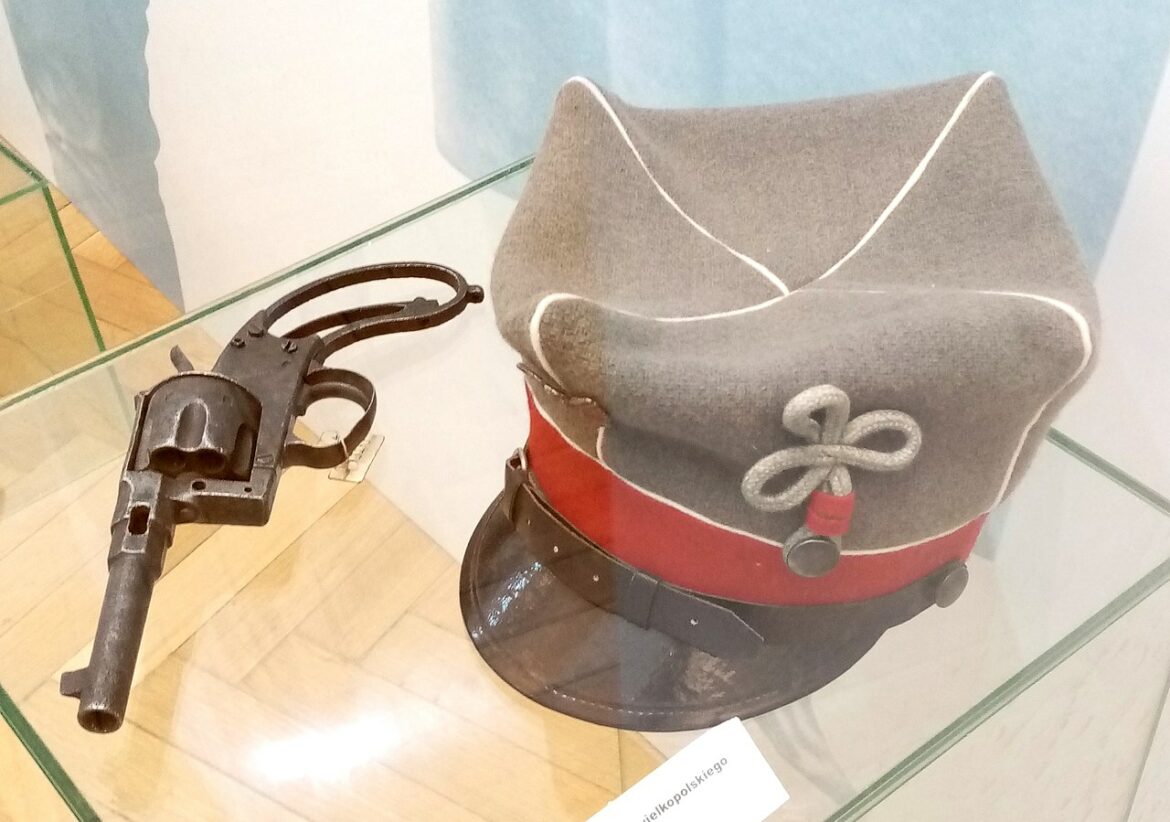In November 1918, the First World War was coming to an end, with the German army retreating in France and Belgium, revolution breaking out in Germany, and the abdication of Kaiser Wilhelm II. When Józef Piłsudski took power as head of the reborn Polish state, Wielkopolska region was not yet within its borders. It was obvious to the Poles that the Germans would not give up this land without a fight as they regarded it as their province.
On 26 December 1918, Ignacy Jan Paderewski, the world-famous pianist and Polish patriot, arrived in Poznań and was enthusiastically welcomed by the Polish people. In response, the Germans tore down Polish flags and shot at the windows of the “Bazar” hotel, where Paderewski was staying. Those acts of aggression provoked the Poles into an armed response. Troops of the People’s Guard, the Security Service, and police units dominated by the Polish took to the streets. Conspirators from the Polish Military Organisation were also ready for confrontation. The disarming of the Germans began.
Although the uprising broke out spontaneously on 27 December 1918, the conspirators planned the combat to begin somewhat later, in January 1919. The timing, however, favoured the insurgents anyway. Chaos reigned in Germany at the time, and demoralised soldiers often did not want to fight any more and retreated or allowed to be disarmed. In the areas occupied by the Poles, the Supreme People’s Council took power. Within a few days, Poznań was captured. On 6 January 1919, Ławica airfield near Poznań was captured, and its rich equipment became the basis for Polish air squadrons. Spontaneously organised armed detachments occupied other towns in Wielkopolska region already in the first days of the uprising. They were also joined by a group of about 300 foreigners, including several French, Italians and Russians, as well as a Chinese, Chen De-Fu (he converted to Catholicism and took the name Józef Zdzisław), a Cameroonian, Sam Sandi, and an Alsatian, Cpl. Rübstück. In mid-January, insurgent units began to be transformed into a regular army, financed by the population.
Formally, Wielkopolska was incorporated into the Second Polish Republic in the spring of 1920, after the Treaty of Versailles came into force, and pressure from the Allies meant that Berlin did not decide to take back Wielkopolska militarily. According to estimates, at least 2,261 Poles died in the uprising and around 6,000 were wounded.





